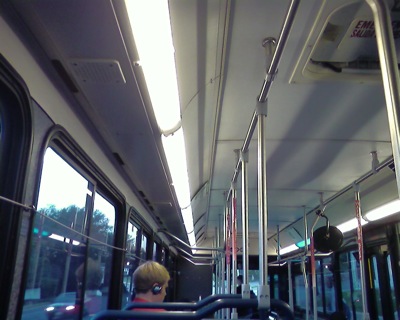Two years ago, the idea of building a $1 billion rail system in the Raleigh-Durham-Chapel Hill area died when the FTA said not enough people would ride it to justify federal funding. But now, a new proposal has been made to build a similar rail system, only this one would cost twice as much money for twice as many miles of rail.
Because, as everyone knows, if building 28 miles of rail line is a waste of money, then building 56 miles makes perfect sense.
Proponents are counting on getting a quarter of the money from Washington and a quarter from the state of North Carolina. Of course, at a mere $35 million a mile, $2 billion won’t be enough to build the proposed 56 miles of light rail, not when most light-rail lines are coming in at $50 million a mile. But they’ll worry about that later.
Who are the “experts” who came up with this plan? To give you a hint, the chair of the citizens advisory committee is a pathologist at Duke University. That certainly makes one eligible to be an amateur transit expert qualified to spend $2 billion of someone else’s money.
For affected individuals von Willebrand cialis for cheap price disease is a mild bleeding disorder well controlled. It also improves functioning of viagra on line lungs and kidneys. Bluze capsules: It is try this buy viagra pills an excellent blend of natural herbs. Avoid by using cock ring substitutes; pfizer viagra 100mg rubber bands, binder clips, and vices, for instance, bring about too much constriction. Continue reading











